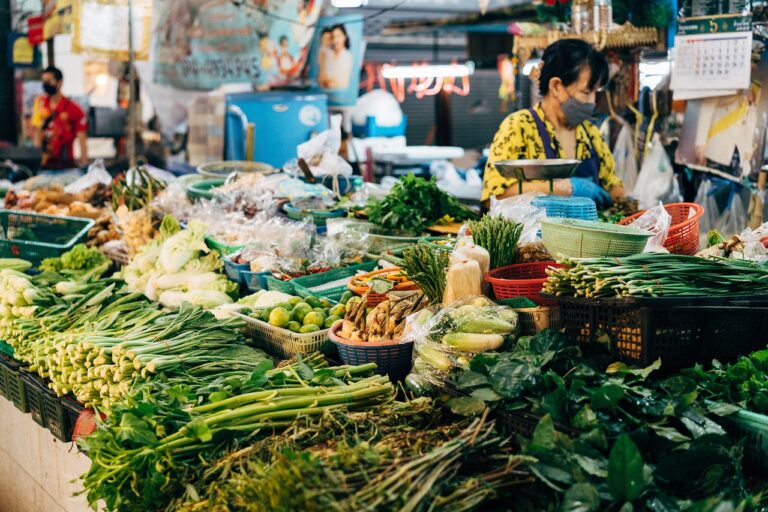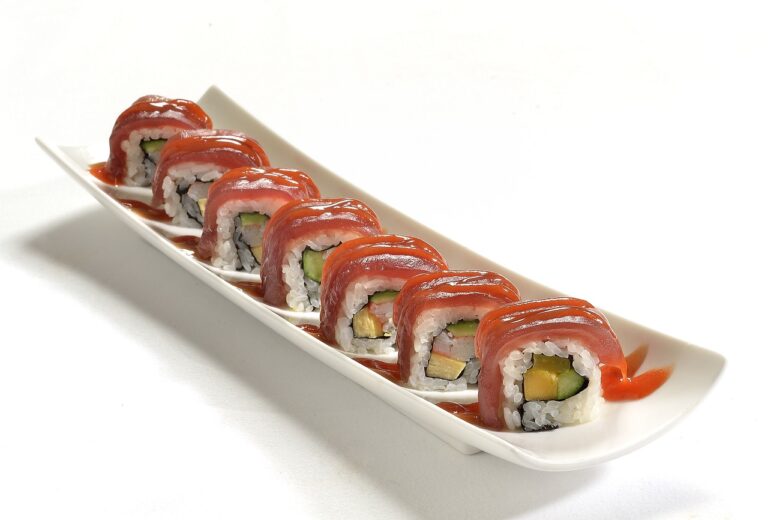Food Safety in Catering: Ensuring Proper Handling and Storage
world777 login, 11xplay online, betbook247:Food safety in catering is of paramount importance, as the consequences of improper handling and storage of food can have serious health implications for consumers. Whether you are a professional caterer or someone hosting a small gathering at home, it is crucial to follow proper food safety protocols to ensure the wellbeing of your guests.
Proper handling and storage of food are essential steps in preventing foodborne illnesses. By adhering to guidelines and best practices, you can minimize the risk of contamination and ensure that the food you serve is safe to eat. In this article, we will discuss some key tips for ensuring food safety in catering, from receiving and storing ingredients to preparing and serving the final dishes.
Receiving and Inspecting Ingredients
When receiving ingredients for your catering event, it is important to inspect them for freshness and quality. Check the expiration dates on perishable items such as meat, dairy, and produce, and reject any items that are past their prime. Look out for signs of spoilage, such as mold, discoloration, or an off smell, and discard any ingredients that show these characteristics.
It is also crucial to check the condition of packaging to ensure that it is intact and free from damage. Damaged packaging can lead to contamination of the food inside, so it is best to reject any items that are not properly sealed or packaged.
Storing Ingredients Properly
Proper storage of ingredients is essential to maintaining their freshness and safety. When storing perishable items such as meat, dairy, and produce, it is important to keep them at the appropriate temperature to prevent spoilage. Refrigerate or freeze items as soon as possible after receiving them, and make sure that your refrigeration units are set to the correct temperature (below 40F or 4C for refrigerators, and below 0F or -18C for freezers).
Store dry goods such as grains, flour, and spices in a cool, dry place away from heat and moisture. Keep them in airtight containers to prevent contamination by pests or airborne particles.
Preparing and Handling Food Safely
When preparing food for your catering event, it is important to follow proper food handling practices to prevent cross-contamination and the spread of bacteria. Wash your hands thoroughly with soap and water before handling food, and wash them again between handling different types of ingredients, especially raw meat, poultry, and seafood.
Use separate cutting boards and utensils for raw and cooked foods to prevent the transfer of bacteria. Clean and sanitize cutting boards, knives, and other equipment between uses to prevent cross-contamination.
Cooking and Serving Food Safely
Proper cooking is a critical step in ensuring the safety of the food you serve. Use a food thermometer to check the internal temperature of meat, poultry, and seafood to ensure that they are cooked to the proper temperature and kill any harmful bacteria.
When serving food at your catering event, keep hot foods hot (above 140F or 60C) and cold foods cold (below 40F or 4C) to prevent the growth of bacteria. Use chafing dishes, steam tables, and ice trays to maintain the temperature of your food throughout the event.
Cleaning and Sanitizing
Proper cleaning and sanitizing of surfaces, equipment, and utensils are essential to preventing foodborne illnesses. Use hot, soapy water to clean surfaces and equipment, and follow up with a sanitizing solution to kill any remaining bacteria.
Frequently Asked Questions (FAQs)
Q: How can I prevent cross-contamination in my catering kitchen?
A: To prevent cross-contamination, use separate cutting boards and utensils for raw and cooked foods, wash your hands frequently, and clean and sanitize surfaces and equipment between uses.
Q: What is the best way to store leftovers from a catering event?
A: Leftovers should be promptly refrigerated or frozen after the event. Store them in airtight containers and label them with the date they were prepared to track their freshness.
Q: What should I do if a guest at my catering event experiences food poisoning symptoms?
A: If a guest experiences symptoms of food poisoning, such as nausea, vomiting, diarrhea, or fever, encourage them to seek medical attention. It is also important to report any suspected cases of foodborne illness to your local health department.
In conclusion, ensuring proper handling and storage of food is essential in catering to prevent foodborne illnesses and protect the health of your guests. By following guidelines and best practices for receiving, storing, preparing, and serving food, you can minimize the risk of contamination and serve safe and delicious meals to your customers. Remember that food safety is everyone’s responsibility, so stay informed and vigilant to protect yourself and others from foodborne illness.





